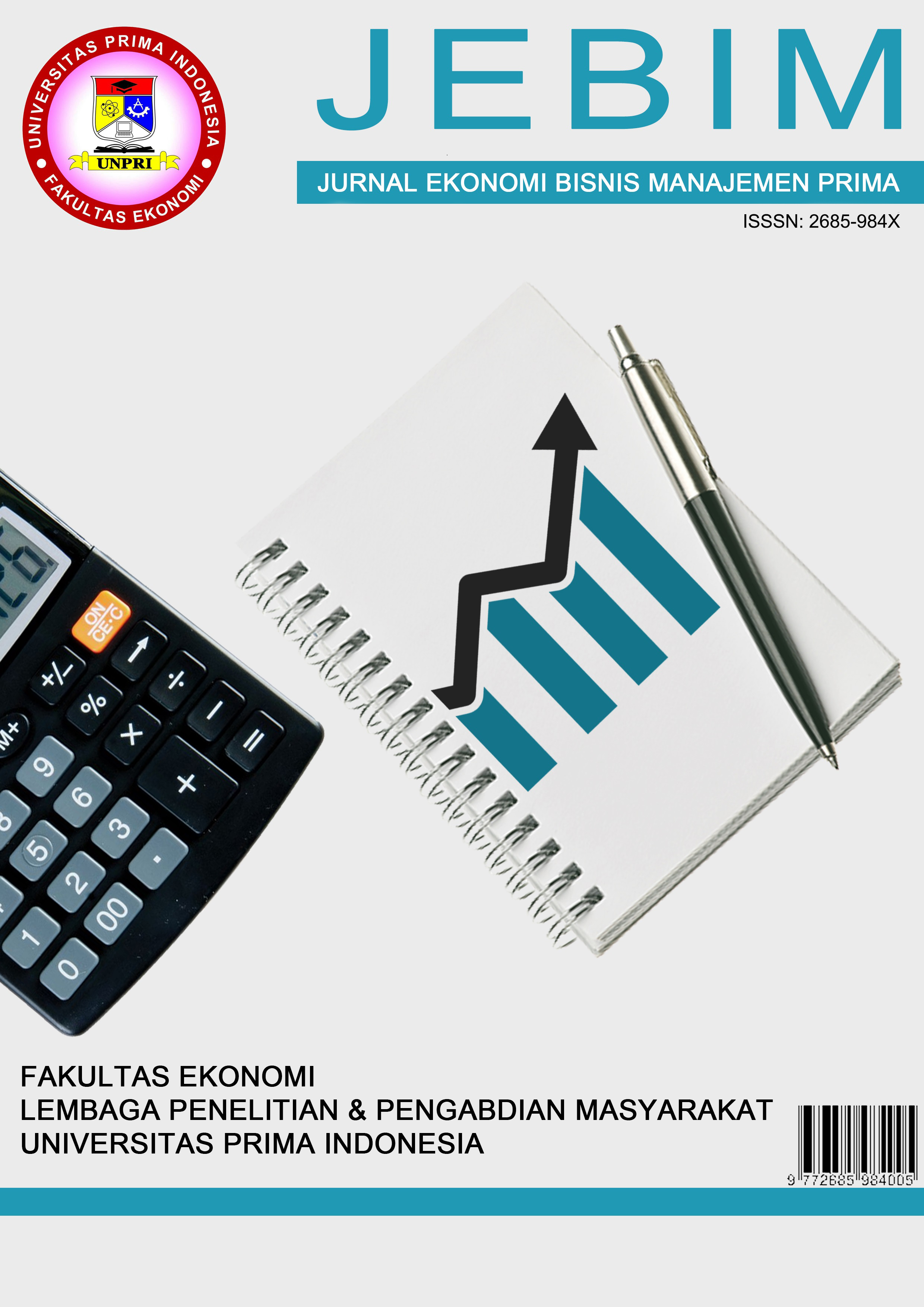Analisis Produk Domestik Bruto, Inflasi dan Tingkat Suku Bunga terhadap Nilai Tukar Rupiah di Indonesia
Main Article Content
Abstract
The movement of the Rupiah exchange rate against the US Dollar always fluctuates and is very difficult to predict. For this reason, it is necessary to maintain the stability of the Rupiah exchange rate. This research aims to analyze the influence of gross domestic product, inflation, and interest rates on the Rupiah exchange rate. The type of data used in this research is secondary data in the form of time series data, with a research period of 2008 – 2023. Data was obtained from the Central Statistics Agency (BPS) and Bank Indonesia (BI). The estimation method used to analyze the model in this research is ordinary least squares (OLS) using the Error Correction Mechanism (ECM) model analysis technique with the help of the Eviews 9.0 program. The research results were obtained partially, that in the short term, the gross domestic product variable had a positive but not significant effect on the exchange rate in Indonesia. Meanwhile, in the short term, inflation and interest rate variables have a positive and significant effect on the exchange rate in Indonesia. Simultaneously, in the short term, the estimation results show that the variables of gross domestic product, inflation, and interest rates, and the Error Correction Term (ECT) can jointly influence the exchange rate variables in Indonesia. Meanwhile, the results of the coefficient of determination show that 87.37% of the variation in changes in exchange rate variables in Indonesia can be explained by the variables gross domestic product, inflation, and interest rates, while the remaining 12.63% is explained by other variables not examined in this research.

